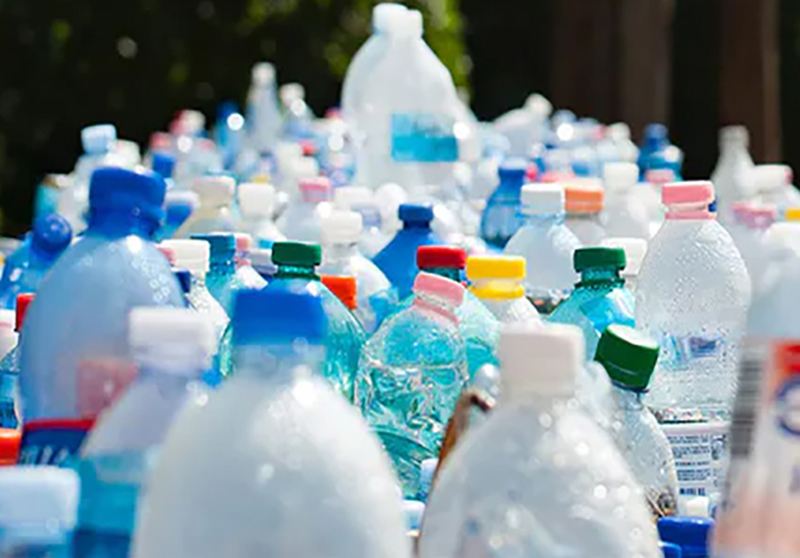
The U.S. Plastics Pact's goal is to create a path toward a circular economy for plastic in the United States.
Plastic pollution is one of the most dangerous threats to the future of fish and southern resident killer whale. In addition to containing harmful chemicals, ocean plastics offer rides to persistent organic pollutants, such as PCBs, that are sometimes more dangerous than the plastics themselves.
The plastic threat is so serious that earlier this year Washington’s Legislature set a 2025 goal that 100% of plastic packaging sold in the state be recyclable, reusable, or compostable, and that all packaging — plastic or otherwise — contain at least 20% postconsumer recycled material. Ecology is conducting a study to size up the extent of the plastic packaging problem.
The Legislature also set Jan. 1, 2021, as the day Washington’s statewide plastic bag ban goes into effect. Several Washington cities have already banned the distribution of single-use plastic bags. And like those local ordinances, the state law prohibits the single-use plastic carry-out bags at most retailers and restaurants.
Multi-sector approach required to create unified solutions
These are major steps that will lead to less plastic pollution and an increase in the value of recycled plastic commodities, but it’s not enough. Systemwide change is needed to realize a circular economy in the U.S. for plastics — it cannot be achieved by any one sector alone. This simple truth requires a multi-sector approach that will ignite change and accelerate progress toward the state’s 2025 goals.
The U.S. Plastics Pact launched today. The Pact is a collaboration led by The Recycling Partnership and World Wildlife Fund (WWF) in partnership with Ellen MacArthur Foundation that will unify stakeholder approaches across the supply chain to create a path forward to realize a circular economy for plastics in the United States. The U.S. Plastics Pact will help do this by setting the national strategy through structure, coherence, aligned targets, and associated reporting to create scalable solutions that are national in scope and tailored to fit the unique needs and challenges of the U.S. system.
As a founding member, or Activator of the pact, we are dedicated to building a better world where plastic never becomes waste or pollution. By joining the U.S. Plastics Pact, we’re working with partners from all facets of the supply chain along with governmental and non-governmental partners to build a more efficient circular economy that tackles plastic waste at its source.
Ecology and Activators around the country share a common vision and are committed to eliminating problematic and unnecessary plastic items, innovating to ensure that all plastic packaging is reusable, recyclable, or compostable, and circulating plastics to keep them in the economy and out of the environment.

